Cardano has become the newest member of the Linux Foundation’s Confidential Computing Consortium (CCC), a move that positions the open-source blockchain alongside heavyweights such as Microsoft and Amazon in the fast-growing market for hardware-based data-protection standards. The announcement emerged during an hour-long “Midnight Booth” fireside chat at Consensus, where Charles Hoskinson, chief executive of Input Output (IO), and Eran Barak, chief executive of the Midnight development company, sketched out how confidential computing will anchor Cardano’s privacy-first sidechain, Midnight.
“We just recently joined the Confidential Computing Consortium, you know, with Linux Foundation, and we’re right there with Microsoft and Amazon with Nitro. They’re talking about confidential computing and trusted hardware enclaves with GPUs for outsourcing AI data,” Hoskinson told the audience. The CCC sets cross-industry specifications for enclave-based security; its membership signals that Cardano intends to align Midnight’s zero-knowledge roll-ups and decentralized-identifier (DID) stack with emerging hardware standards rather than rely solely on purely cryptographic shields.
“So, Midnight basically clicks into all of those different things and it gives you the ability to reason and think about how do I share, who do I share with, what do I own, what do they own, what’s the semantical value of the data that I’m sculpting, and then ultimately what’s the marketplace look like and how do I be an economic agent in that marketplace and I actually get paid for sharing these things as opposed to it all goes to the Magnificent Seven and they just tell me what I get,” Hoskinson added.
Cardano Takes Next Step In Secure Blockchain
Hoskinson traced Midnight’s origins to “a bar in Tel Aviv” during Eurocrypt 2018, describing how a late-night debate about zero-knowledge proofs eventually matured into a sidechain that combines a programmable Stark-based execution engine (“Kachina”), a dual-token economic model (“Knight” for governance and “dust” for metered capacity) and selective-disclosure controls rooted in W3C DIDs. Yet, according to Barak, technological ingenuity alone is not enough; enterprise adoption hinges on hardware-rooted trust. Confidential computing, he said, supplies that final layer.
“When you think about protecting your data, you really need to think about two pieces—protecting the data itself and protecting the metadata,” Barak explained. “Midnight hopes to be the fabric that enables AI to access personal private data in the right way that doesn’t violate our rights.” By joining the CCC, Cardano gains a seat at the table where those fabric threads are woven into chipset specifications, enclave attestation protocols and open-source reference code.
Much of the session focused on Midnight’s two-asset design, which separates volatile, value-accruing governance (“Knight”) from a stable, non-speculative capacity unit (“dust”). Hoskinson argued that splitting consensus incentives from fee predictability sidesteps the tension regulators see in fully shielded currencies such as Monero. “You get your cake and eat it, too… developers can pay in Bitcoin or Ether or Solana through a capacity exchange, and the end user doesn’t notice that they’re using a different system.”
Confidential computing extends that logic to the hardware layer. Enclave-sealed execution protects wallet keys, zero-knowledge circuits and DID registries from side-channel attacks, while at the same time furnishing auditors with cryptographic attestation that regulatory conditions embedded in smart-contract templates are being met. “Selective disclosure is an absolute necessity,” Hoskinson told a questioner who raised compliance fears. “You bake in the capacity to put disclosure at the smart-contract level and then let exchanges decide their suitability guidelines on a case-by-case basis.”
Cardano’s CCC membership arrived as the conversation turned to tokenized real-world assets—a market Hoskinson sized at “ten plus trillion dollars” today and “a hundred trillion” once small-cap and frontier-market issuers join. Midnight, he maintained, must interoperate with both legacy venues such as the New York Stock Exchange and on-chain liquidity pools. Hardware-verified privacy makes that bridging credible. “You want broker-dealers, compliance, circuit breakers, but you also want blockchain stuff… having infrastructure like Midnight is the only way to really do that,” he said.
Barak reported more than 2,000 early builders on Midnight’s testnet, ranging from dark-pool prototypes and medical-record pilots to carbon-credit tracing for jet engines. Because code and state are encrypted, IO’s own developer-relations team cannot inspect what is being deployed; teams volunteer information only in opt-in calls. “I think if we finally bring blockchain technology that encompasses the privacy elements businesses need, the innovation is just unbelievable,” Barak remarked.
At press time, ADA traded at $0.68.
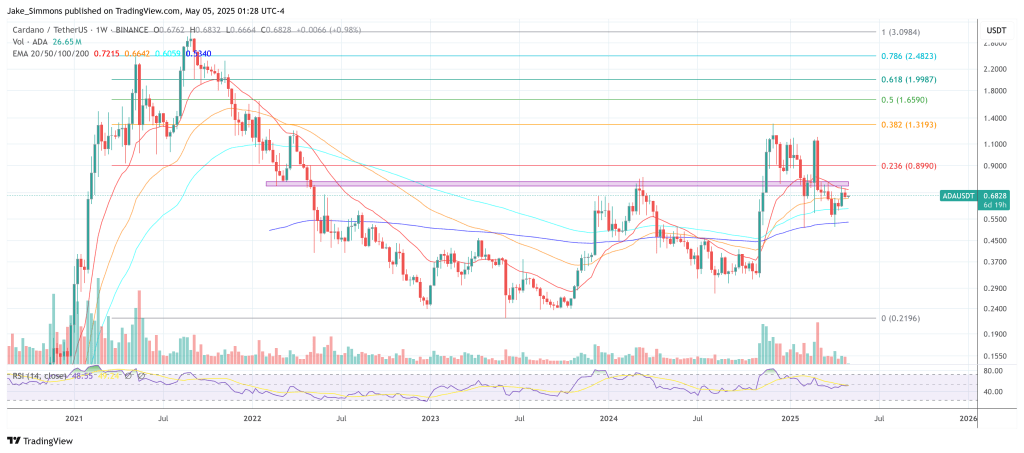

You can get bonuses upto $100 FREE BONUS when you:
💰 Install these recommended apps:
💲 SocialGood - 100% Crypto Back on Everyday Shopping
💲 xPortal - The DeFi For The Next Billion
💲 CryptoTab Browser - Lightweight, fast, and ready to mine!
💰 Register on these recommended exchanges:
🟡 Binance🟡 Bitfinex🟡 Bitmart🟡 Bittrex🟡 Bitget
🟡 CoinEx🟡 Crypto.com🟡 Gate.io🟡 Huobi🟡 Kucoin.


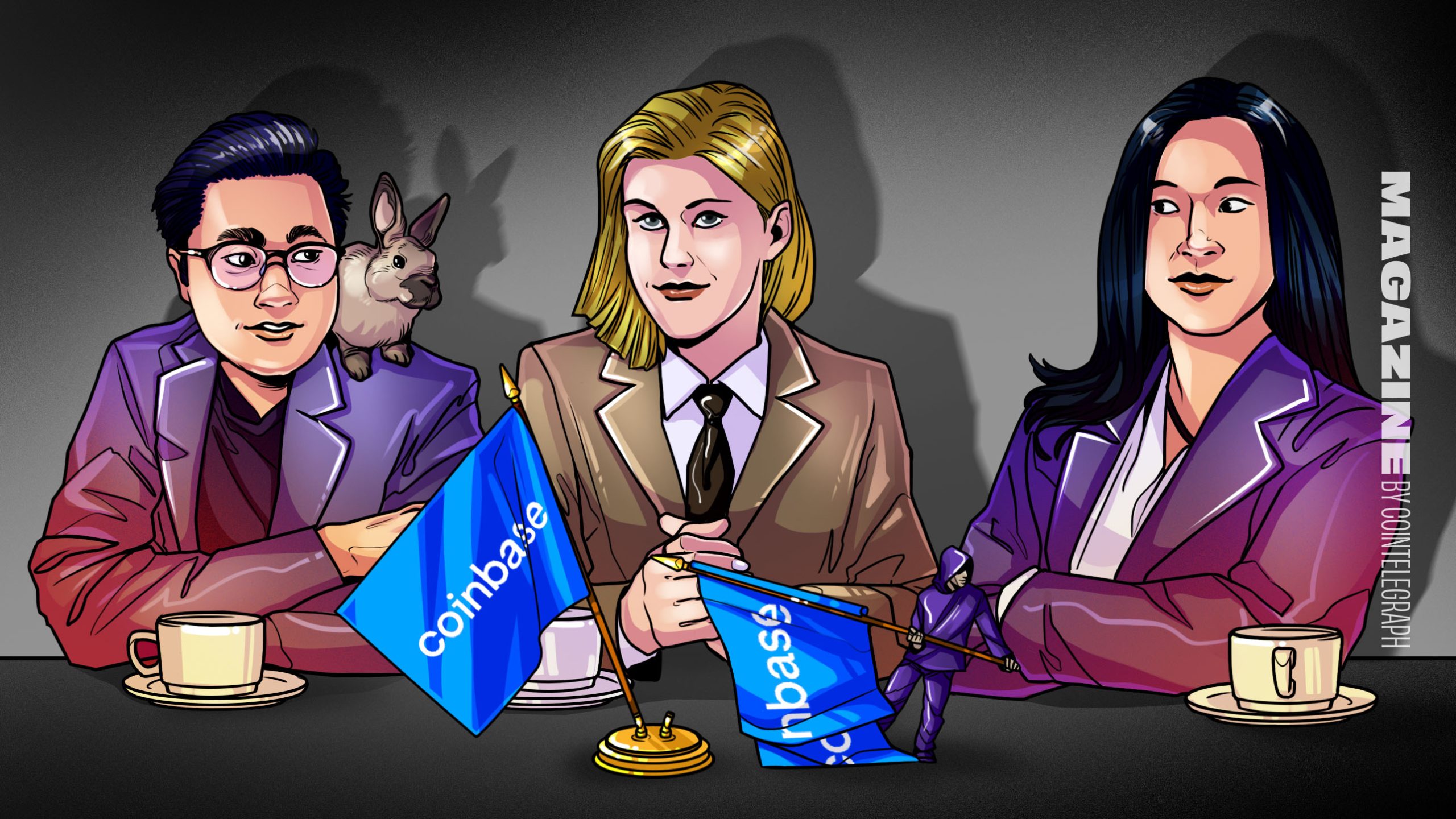





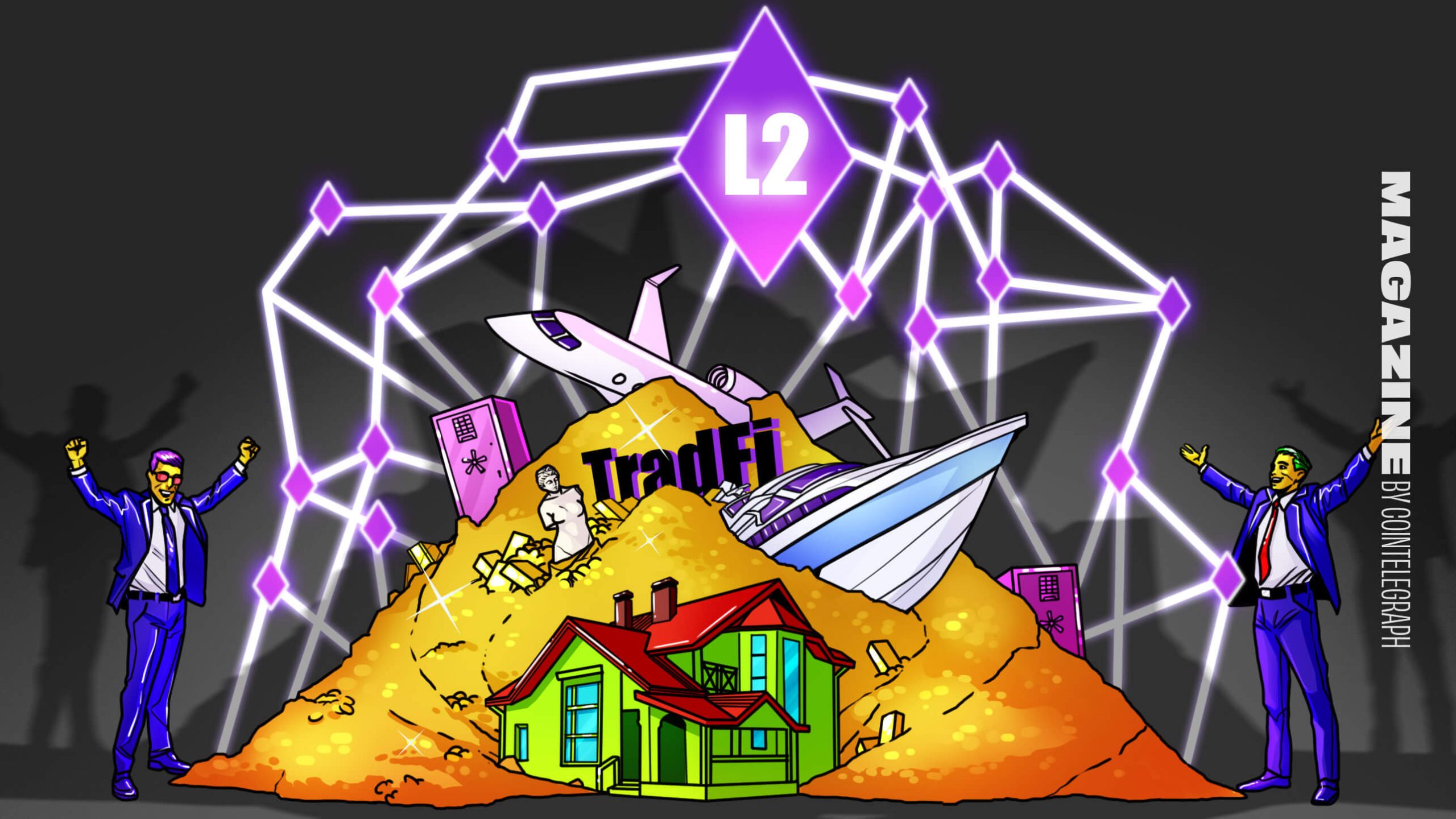

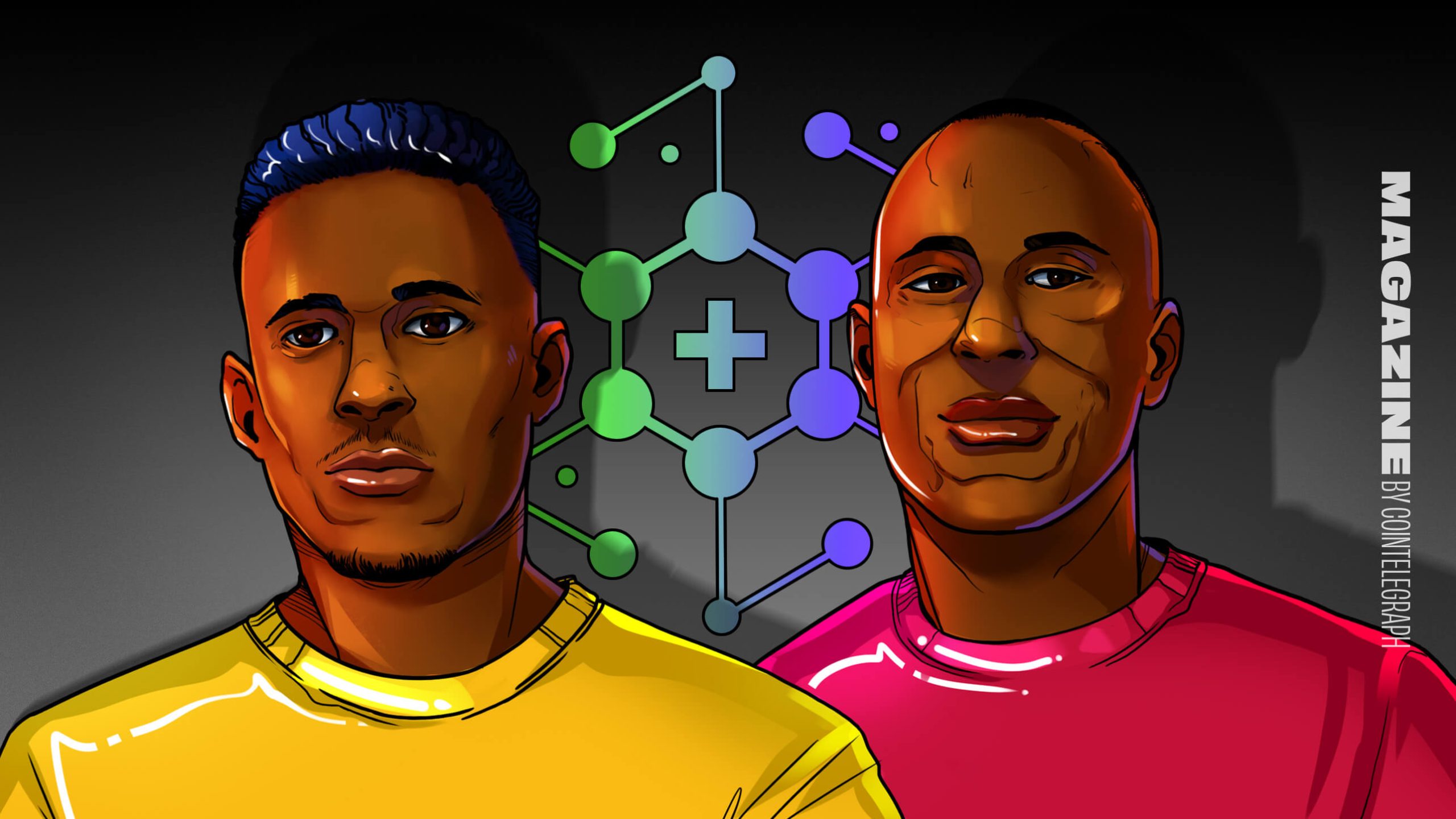


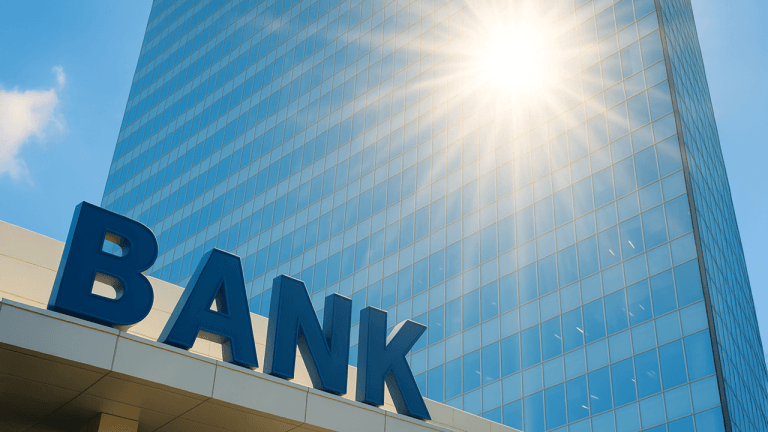

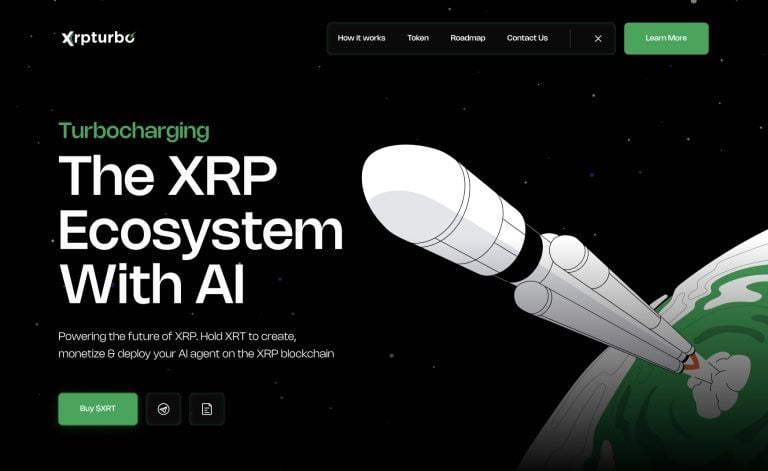


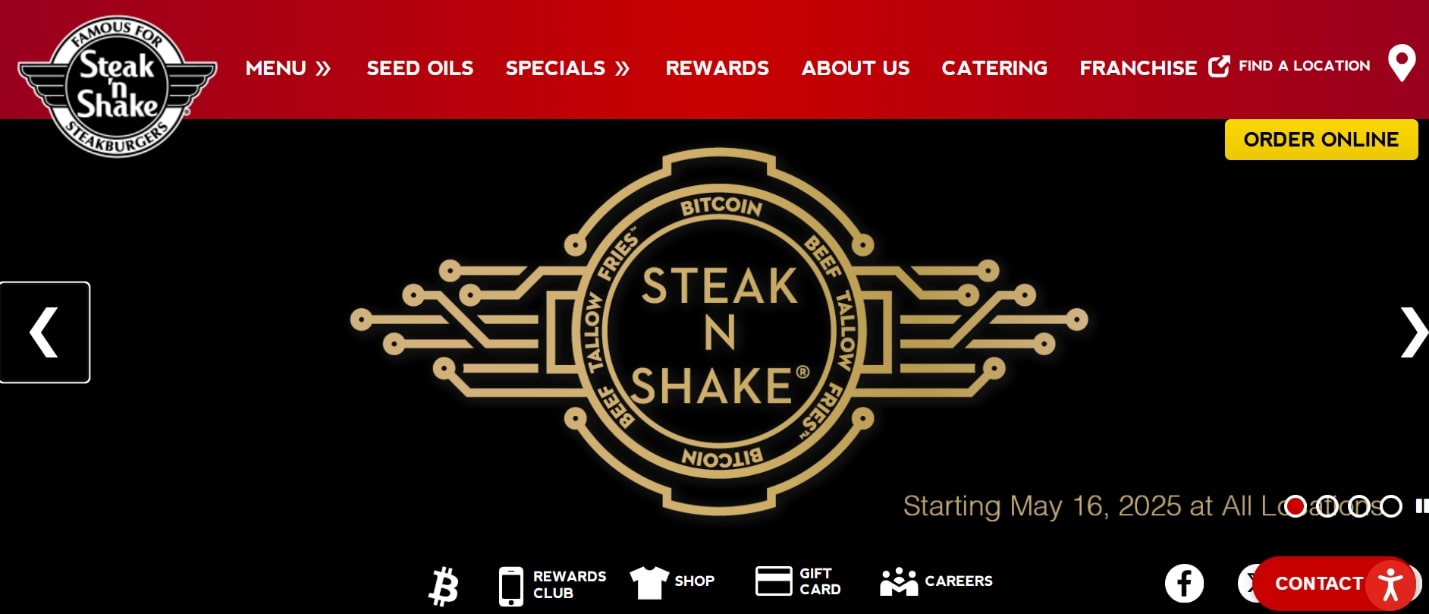

Comments